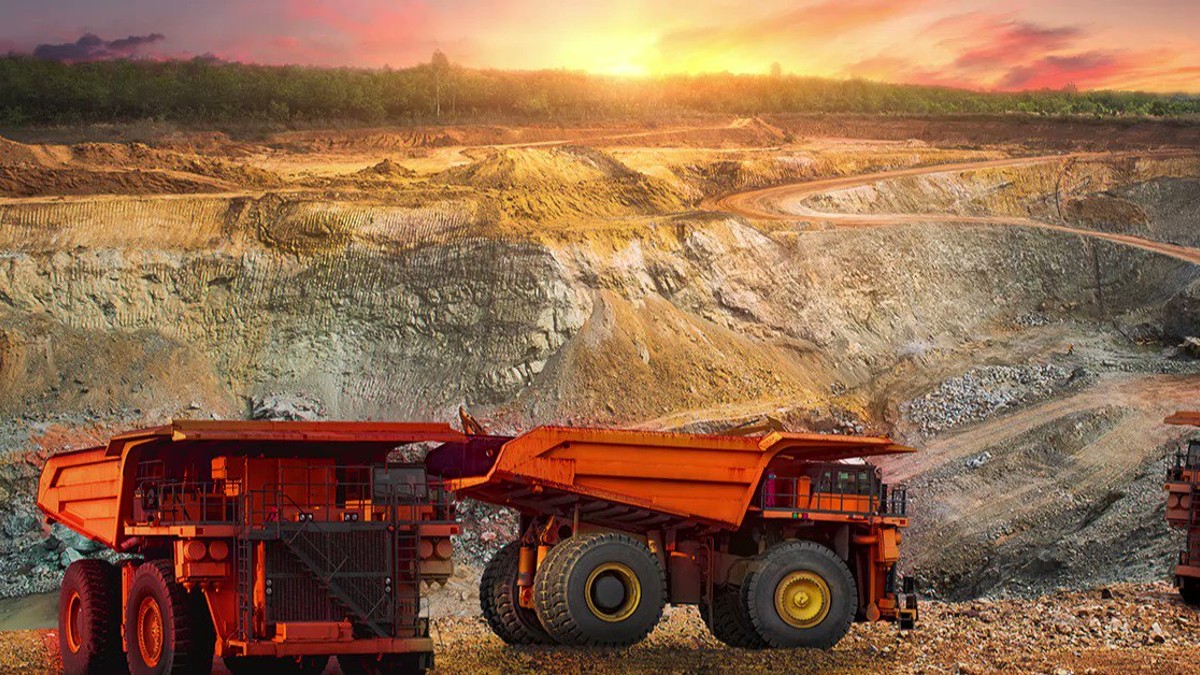
A plan has been hatched to expand and diversify critical mineral supply chains globally for the booming EV battery industry – will it work?
There’s an urgent need for critical minerals to meet the growing demand for EV batteries, battery storage, and more. Electrek spoke with John DeMaio, CEO of EV battery mineral processor Graphex Technologies, about how mineral mining and processing is being ramped up and why it’s a vital part of the EV revolution.
Electrek: Why do we need to expand and diversify critical mineral supply chains?
For battery storage, EVs, and semiconductors. EV batteries need more of certain “critical minerals.” The top five for lithium-ion batteries are lithium, nickel, cobalt, manganese, and graphite.
There currently aren’t enough operational mines for these critical minerals for a robust EV battery supply chain. We also need to expand critical mineral processing and recycling capacity.
We also need to diversify our critical minerals sources. China currently dominates the supply chain, but many countries don’t want to be dependent on just China, so they’re looking to onshore, nearshore, or at least friendshore supply lines.
There’s a lot of momentum, but long lead times, high upfront costs, and other challenges can make it tough for new projects to get off the ground without secure sources of favorable funding.
Electrek: I guess that’s where the Minerals Security Partnership comes in. What is it, and has it achieved anything yet?
John DeMaio: The Minerals Security Partnership (MSP) [which launched in June 2022] is an alliance made up of 13 countries [including the US] and the EU, and it’s likely to expand. It’s working to drive public and private investment in critical mineral projects globally.
Last week, the MSP held its inaugural ministerial meeting in the UK, and that resulted in the agreement to “drive responsible investment” in 11 projects in mining or extraction, 4 in processing, and 1 in recycling. That’s going to help to expand and diversify the critical mineral supply chain across continents and mineral types.
How is the MSP impacting critical mineral mining and processing?
The MSP fosters cross-border collaboration, and that’s essential for critical mineral mining. Geology predetermined where these minerals lay in the ground literally epochs ago, so we need to make the most of the current layout. Certain countries that need a lot of minerals to manufacture batteries don’t have enough to build out a mine-to-battery supply chain domestically, while other countries have plenty of critical minerals to tap but less demand from local EV manufacturers for battery inputs.
Mining thrives on far-flung cooperation, but processing thrives on local investment. Battery and EV manufacturers benefit from shorter supply distances to mineral processing locations, which are geographically flexible. Countries can build out their mineral processing capacity anywhere that companies can source the permits, build or renovate the plants, and train the talent. At Graphex, we’re assembling one of the first large-scale mine-to-battery supply chains for natural graphite anode material in North America.
Do MSP countries qualify for US EV incentives via the Inflation Reduction Act (IRA)?
MSP helps countries coordinate their support for critical mineral projects across borders but doesn’t – at least, not yet – open up members for IRA tax credits. But multiple countries within the MSP already have free-trade agreements with the US, such as Canada, Australia, and, most recently, Japan. Rumor has it that the US is currently negotiating free-trade agreement deals with other groups within the club, such as the UK and EU.
IRA incentives apply only to EVs assembled in North America that meet certain geographic supply chain thresholds for critical minerals and battery components. To qualify for the full IRA $7,500 tax credit this year, vehicles have to have at least 50% of their battery components produced and at least 40% of their critical minerals extracted, processed, and/or recycled either in North America or in a country with which the US has a free trade agreement.
I’m optimistic that the MSP is going to help to build out a secure, diversified battery mineral supply chain to support EV growth. It’s prioritizing promoting responsible practices, and that’s going to set a high standard for project operations that will, I think, continue to drive the nearshoring trend.
Read more: This 240t electric mining haul truck can charge in 30 minutes
Photo: ABB, electric mining truck
To limit power outages and make your home more resilient, consider going solar with a battery storage system. In order to find a trusted, reliable solar installer near you that offers competitive pricing, check out EnergySage, a free service that makes it easy for you to go solar. They have hundreds of pre-vetted solar installers competing for your business, ensuring you get high-quality solutions and save 20-30% compared to going it alone. Plus, it’s free to use, and you won’t get sales calls until you select an installer and share your phone number with them.
Your personalized solar quotes are easy to compare online, and you’ll get access to unbiased Energy Advisers to help you every step of the way. Get started here. – ad*
FTC: We use income earning auto affiliate links. More.

